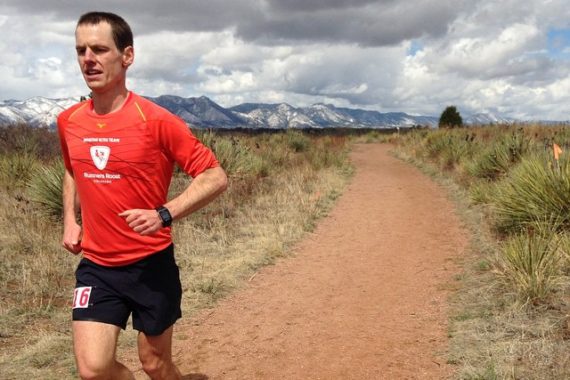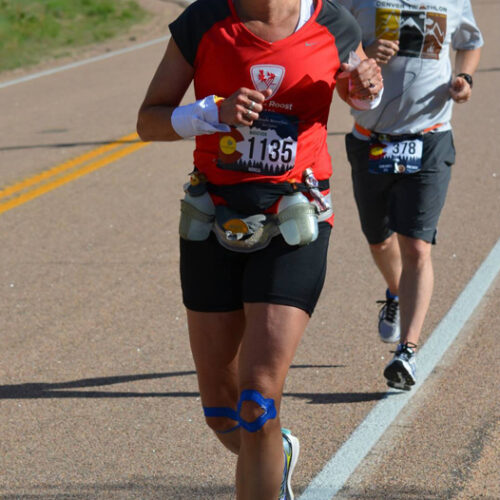By: Justin Ross
Hello fellow Roosters! My name is Justin Ross and I’m a member of the road racing team for the 2017 season. I’m also a clinical psychologist here in Denver. I specialize in health psychology and sports performance. I’ll be starting a series of blogs that will help you develop a high performance mindset so you can perform at your peak.
In the past several years sports psychology has gained a steady momentum, still many are unclear about the role of sports psychology as it relates to performance. So I wanted to start this series by clearing up a few myths about sports psychology and identify the role that mental skills training plays in performance.
Myth 1: Working with a sports psychologist means something is wrong with me. This is the most common assumption I hear and it is 100% inaccurate. Unlike many other areas of psychology which do address righting problem areas, sports psychology is largely focused on addressing, creating, and maintaining strengths. Setting a course on any training plan or performing optimally requires that our thoughts are aligned with our goals and that our self-talk is helping, not harming us. Sports psychology is largely skill based and positive focused. Much like a dedicated training plan, sports psychology follows a structured system for growth.
Myth 2: Sports psychology is only for professional or Olympic caliber athletes. Yes, it is true that many of the world’s top performers have utilized the aid of mental skills training. But the truth is that each and every one of us has a mind, and running, regardless of ability level, is an extremely mental sport. Ensuring that you are training to perform at your best requires you have developed a specific set of mental skills. This is true for those competing on the world stage, but also for the majority of us who are not professional who simply love to train, race and push our own limits.
Developing A High Performance Mindset
Success in any activity requires much more than talent. You have to first develop a steadfast set of strong, positive, beliefs. Those beliefs help you create a structured system for engagement and training with an emphasis on incremental improvement – there are no short cuts for the physiological changes that this sport demands from training consistently – and your mind plays a critical role in goal setting, digging deep on tough runs, and how you recover. Finally, your behavior has to align with goals that require dedication to something you find intrinsically motivating and personally meaningful.
Awareness is the starting ingredient when developing a high performance mindset – you can’t modify, change or grow something that you are not aware of. Start by bringing attention to the chatter in your mind as it relates to your training and performance. Are your thoughts positive or negative? Encouraging or doubt-filled? Excited or anxious? Get a sense of the self-talk that occurs during your runs, especially during moments that are difficult. This provides an important starting point for creating high performance mental skills that will serve you for the rest of the season.
In blogs to come I’ll address specific sports psychology skills to help you perform your best, reach your goals and crush your PRs. I’m also offering a 50% discount for any readers who want a sports psychology consultation meeting. Just reference this blog when reaching out.
You can learn more about me and my practice by visiting my website: www.mindbodyhealth.us. There, you’ll be be able to access a number of sports psychology podcasts I’ve been on discussing the role of the mind in performance.
I look forward to connecting with you soon. Until then, happy training and racing!















Recent Comments